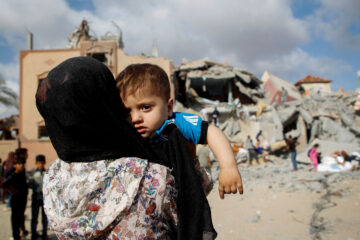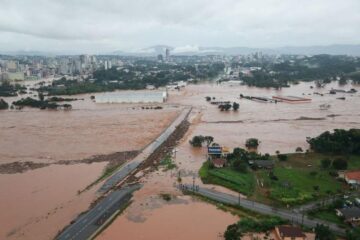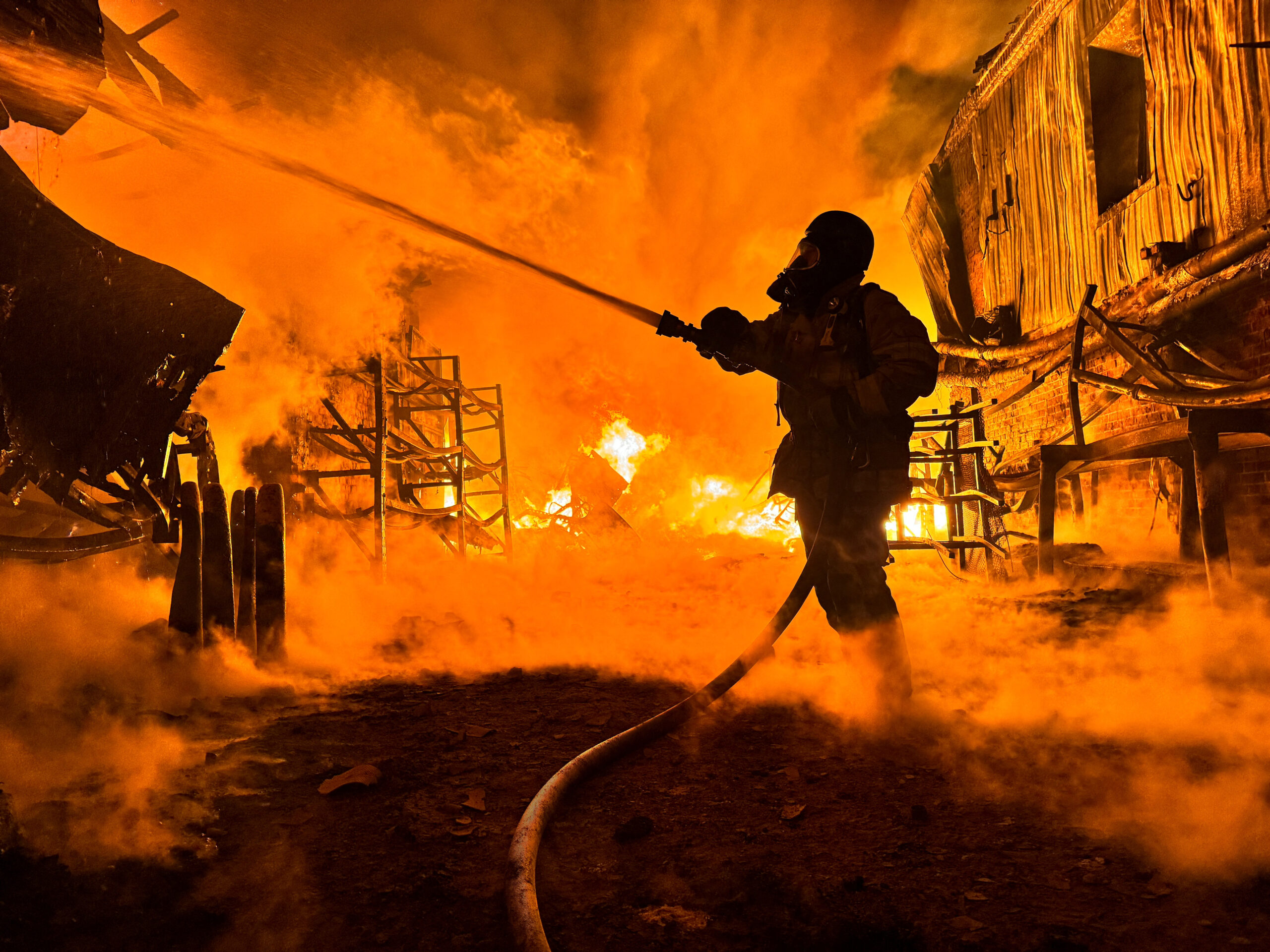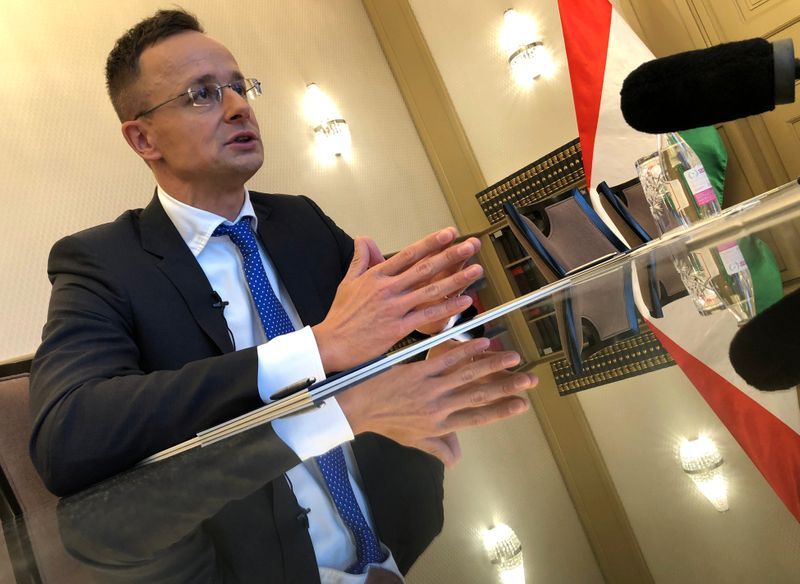No obstacles to normalizing Russian-West relations – Putin
Russian President Vladimir Putin says nothing should impede the normalization of relations between Russia and the West, after ties have hit a post-Cold War low due to the standoff over Ukraine.
However, Putin says the normalization of ties does not only depend on Russia. He said it depends on the West. Putin\’s comments were released by Russian news agencies from a state television interview to be broadcast Saturday.
President Putin said Saturday he had good relations with NATO’s next Secretary General Jens Stoltenberg, who is a serious and responsible person.
“We have very good relations, including personal relations. He is a very serious, responsible person. Let’s see what kind of relations [we] will have when he takes his new office,” the president, who appeared on the Vesti v Subbotu (Vesti on Saturday) TV show, told its host Sergey Brilev.
Ambassadors of NATO countries voted unanimously Friday to appoint Stoltenberg to the post. He will take office on October 1, 2014.
Pro-Russian activists in eastern Ukraine said Friday they won\’t vacate the government facilities they have occupied despite a compromise agreement struck a day earlier by international powers in Geneva, including Russia, that called on them to leave.
Militant leader Denis Pushilin said earlier that his men are not bound by the deal and will only stand down after the Ukrainian government resigns.
A statement from the Donetsk separatists said "we cannot accept the values of the Kiev junta, we have our heroic past going back to World War Two, we are the Russian bear which is waking up".
It added: "Don\’t worry, everything will stay peaceful and orderly. The only problem is if the Kiev junta want war."
At talks in Geneva, Russia, Ukraine, the EU and US agreed that illegal military groups in Ukraine must leave official buildings, and that there should be an amnesty for anti-government protesters.
But protest leaders occupying government buildings in eastern cities such as Donetsk said the interim authorities in Kiev must step down first, as they had taken power in what they said was an illegal coup.
Ukraine\’s interim authorities have appealed for national unity and promised to meet some of the demands of pro-Russian protesters in the east of the country.
These include the decentralisation of power and guarantees for the status of the Russian language.
In a joint televised address to the nation with interim Prime Minister Arseniy Yatsenyuk, acting President Olexander Turchynov said the Russian language could be granted official status alongside Ukrainian in regions where it was spoken by a majority of the population.
He said the decision had been taken to help reach "peace and accord among the citizens of Ukraine".
The two men also said they would support wider constitutional change, including decentralising more power to local government, and urged people to refrain from violence.
The United States says Russia has a "responsibility" to call on pro-Russian militants occupying government buildings in eastern Ukraine to evacuate.
State Department spokeswoman Jen Psaki said Friday that if Russia does not take steps to de-escalate the situation and implement Thursday\’s deal with Ukraine, aimed at lowering tensions, there will be "consequences."
Psaki said the U.S. rejects those comments and the separatists\’ claim that the new Ukrainian government took power in a coup.
U.S. President Barack Obama said Washington will continue preparing sanctions against Russia in case it does not take steps to de-escalate the situation.
"We are coordinating now with our European allies," the president said. "My hope is that we actually do see follow-through over the next several days but I don\’t think given past performance that we can count on that. And we have to be prepared to potentially respond to what continue to be efforts of interference by the Russians."
The West is backing threats of sanctions with a show of military force. Canada is sending six fighter planes to the region to help bolster NATO defenses.
NATO has ruled out military intervention, but says the deployment is aimed at reassuring allies in eastern Europe.
President Vladimir Putin has said he has "a right" to send troops into Ukraine but hopes he will "not have to exercise that right".
Speaking at an annual televised question-and-answer session in Moscow, Putin added that the use of force by the interim government in Ukraine against pro-Russian separatists was a "grave crime."
Putin said he hoped the crisis would be resolved through dialogue.
He also admitted for the first time that Russian forces had been active in Crimea, which was annexed by Moscow last month. Previously he insisted that the camouflaged, masked gunmen who took over Crimea were a local "self-defence" force.
Source: Agencies
[do_widget_area inner_adsbar]










